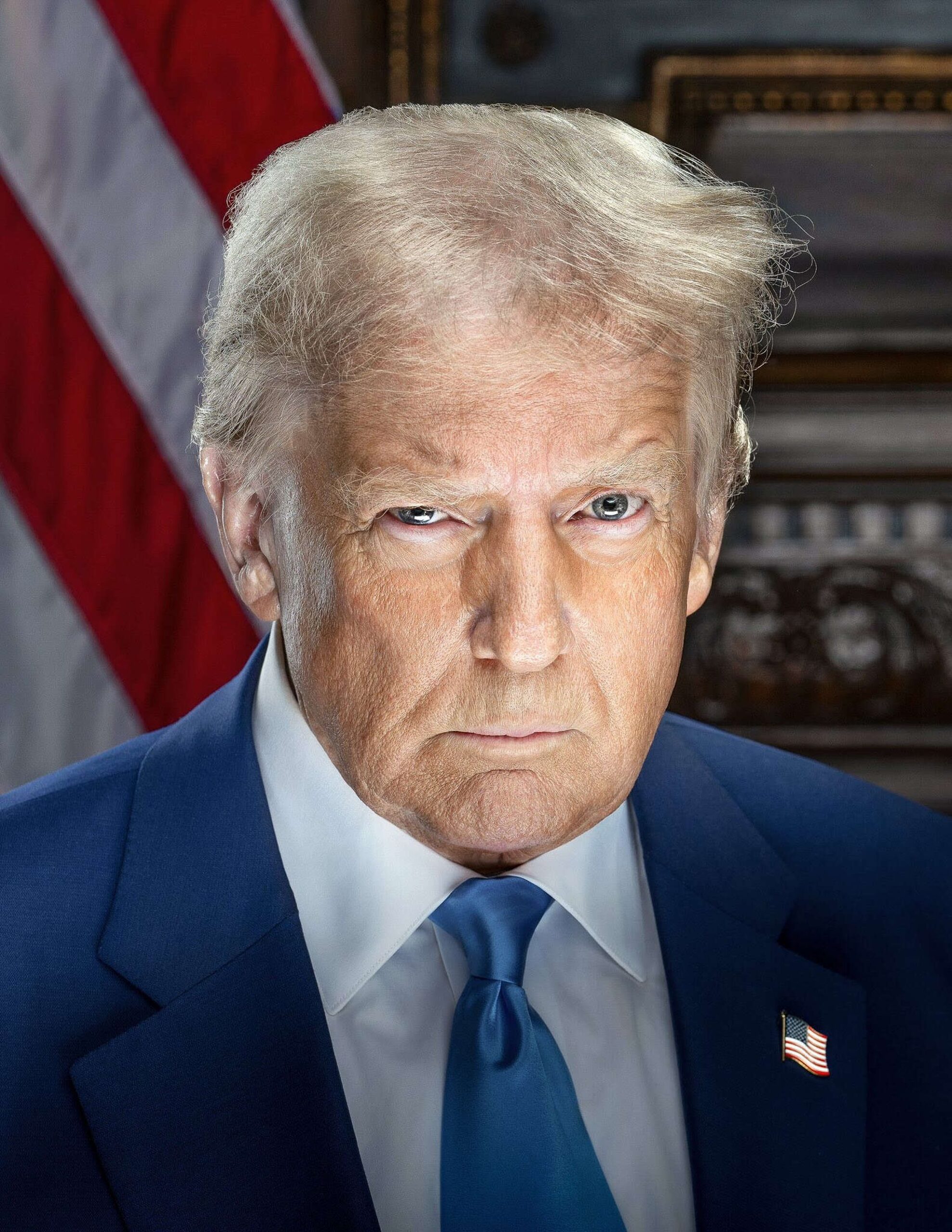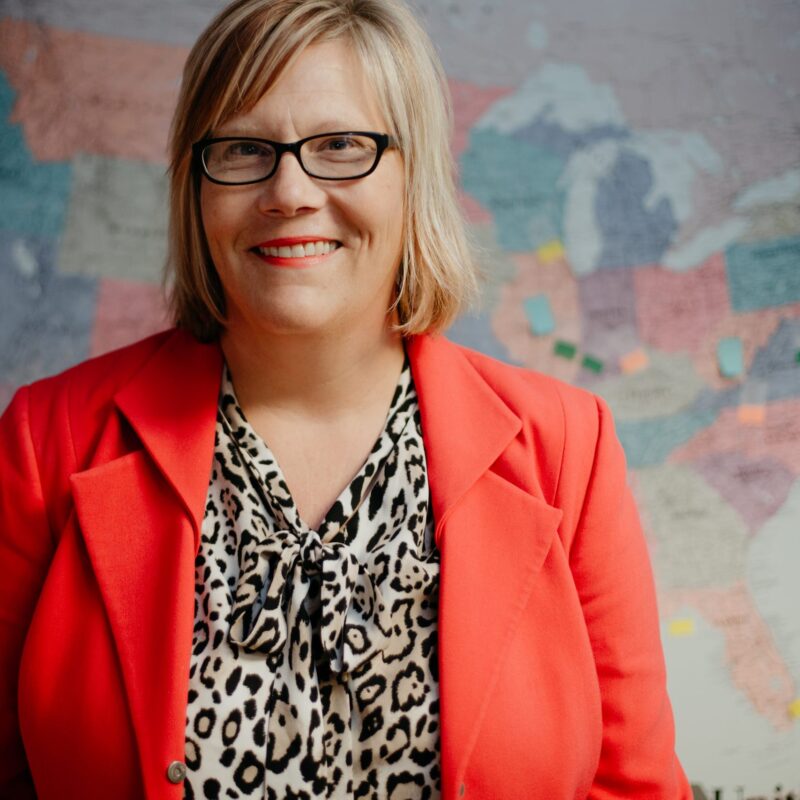Chaos and questions were rampant when the Trump administration’s Office of Management and Budget released a memo pausing all federal financial assistance programs on January 27. The order was eventually rescinded, but future plans for the funding remain unknown at press time.
The funding freeze, the culmination of multiple executive orders issued by President Donald Trump during his first several days in office, ordered “Federal agencies [to] temporarily pause all activities related to obligation or disbursement of all Federal financial assistance, and other relevant agency activities that may be implicated by the executive orders, including, but not limited to, financial assistance for foreign aid, nongovernmental organizations, DEI, woke gender ideology, and the green new deal.”
While the OMB rescinded its order on January 29, a social media post from White House Press Secretary Karoline Leavitt said, “The Executive Orders issued by the President on funding reviews remain in full force and effect and will be rigorously implemented by all agencies and departments.”
Virginia Sen. Mark Warner recapped the confusion at a January 29 press conference. “Which piece of paper do you want to believe? The one that says, ‘we’re rescinding it’? … Or the one that says, ‘No, never mind. It’s all still in [practice]?’” he said. “This is not the way to operate the government of the United States of America.”
For organizations in Virginia, and Charlottesville in particular, the funding freeze could have expansive impacts.
At the University of Virginia, researchers using federal grants continued work, but stop-work orders have been issued to some projects in connection with the memo and executive orders. Also in the education sector, nonprofit ReadyKids issued a statement explaining how freezing grants could affect its operations.
“This situation has emphasized the instability of federal funding,” shared ReadyKids in an Instagram post on January 29. Roughly 23 percent of the organization’s annual operating budget comes from government sources, and it reports a steady decline in available funding since the pandemic. “We know that cuts such as these will have an impact on the kids and families that we reach. We know that we cannot continue meeting the increasing needs of our community’s kids and families without the essential support and investment from community members.”
A number of concerned parties contacted Warner’s office following the memo’s release, including local governments, a domestic abuse center, Head Start, and Meals on Wheels.
“The idea that you’re going to freeze funding for 90 days means a lot of these operations are gonna have to fire a lot of folks they don’t have the ability to fund themselves,” said Warner.
Uncertainty around withholding approved federal funds persists, though the situation is not without precedent. Trump is not the first president to block already-appropriated funds, but the move has been historically controversial.
“Nixon famously held back, or impounded, congressionally appropriated funds from programs that he did not support,” said Rachel Potter, University of Virginia professor and former OMB desk officer, via email. “Congress then passed a law, the Impoundment Control Act of 1974, to prevent this from happening again.”
Trump has previously used the OMB to impound funds, namely to block aid to Ukraine, a move that contributed to his first impeachment. Despite framing the most recent freeze as “temporary,” the legality of the memo remains dubious, with a federal judge blocking the funding freeze prior to its rescission.
According to Potter, the attempt by the Trump administration to impound already-appropriated money “is a constitutional clash unfolding right before us.”
“The president’s role is to faithfully execute the funds that Congress has appropriated,” she said. “By attempting to pause funds that are already appropriated—presumably with the longer-term goal of potentially rescinding some of those funds—President Trump is pushing the boundary of presidential power into the spending arena.”
Beyond withholding funds, the wording of the OMB memo attempts to afford Trump the ability to “weigh in, and potentially withhold” funds appropriated by Congress, expanding the powers of the presidency, added Potter.
While the quick action of the new administration is a departure from Trump’s first term, some takeaways from his previous administration still hold up.
“The ‘flood the zone’ approach of doing a ton of things at once is intentionally overwhelming—and very different from Trump 1.0, which was much less coordinated and less swift,” said Potter. “At least one lesson from Trump 1.0 still applies: It is not clear how much of this will stick. Merely announcing a policy change—even a provocative one—does not make that policy magically happen.”






